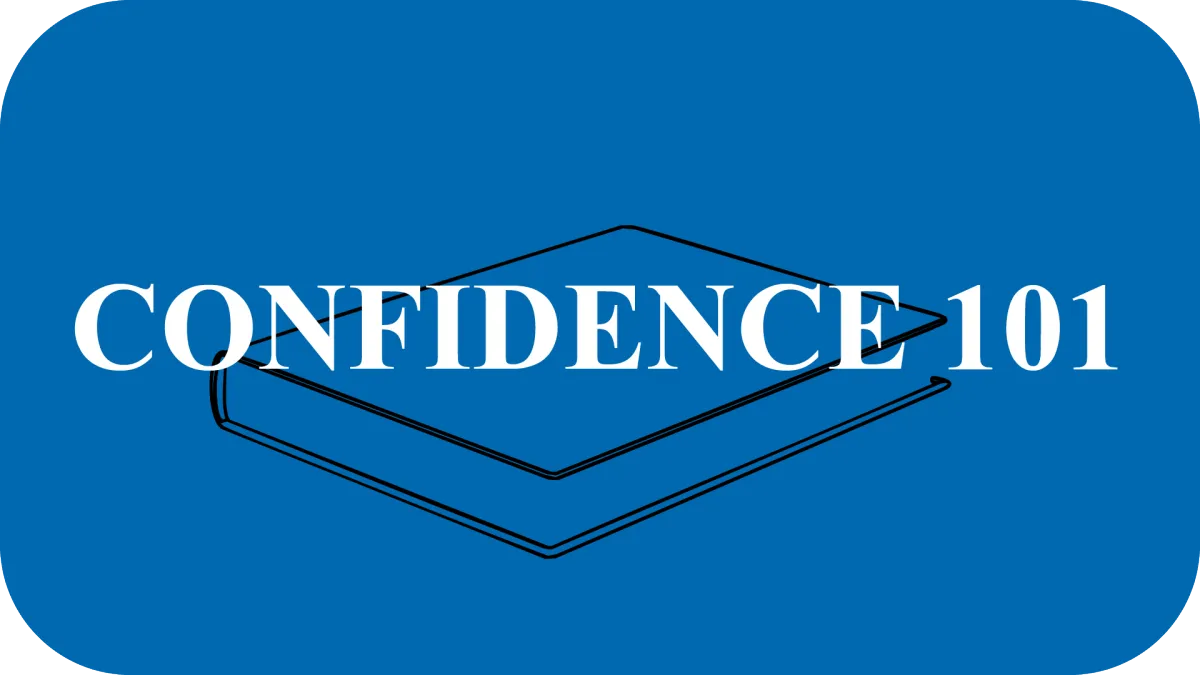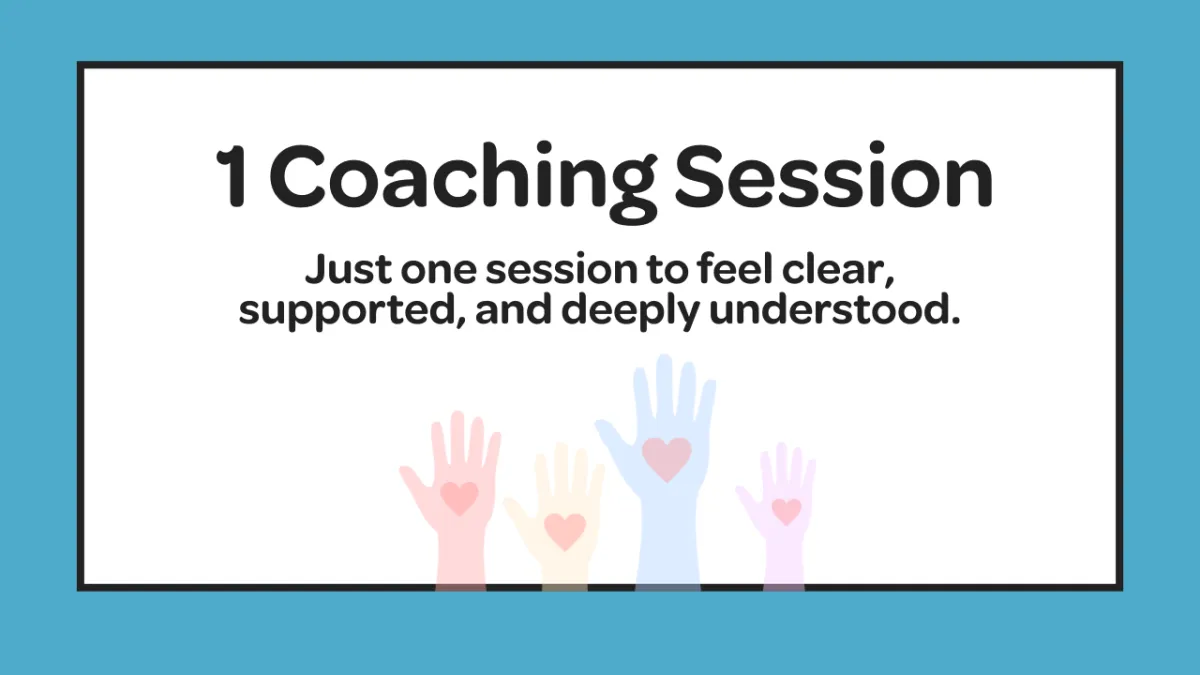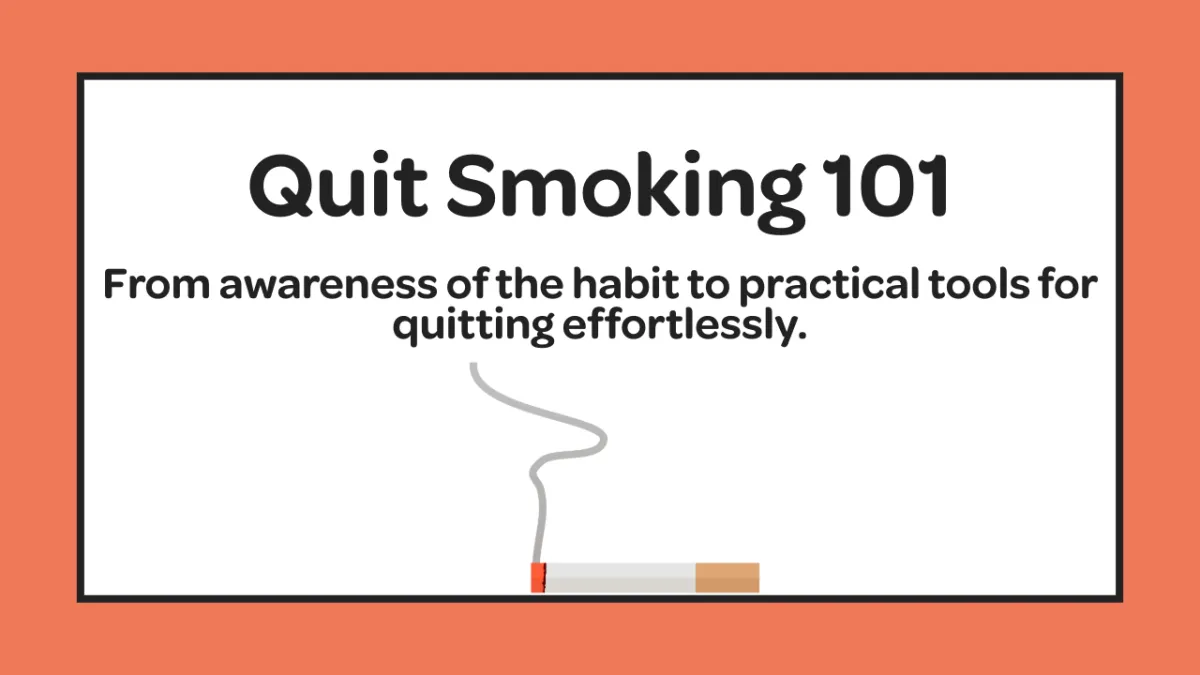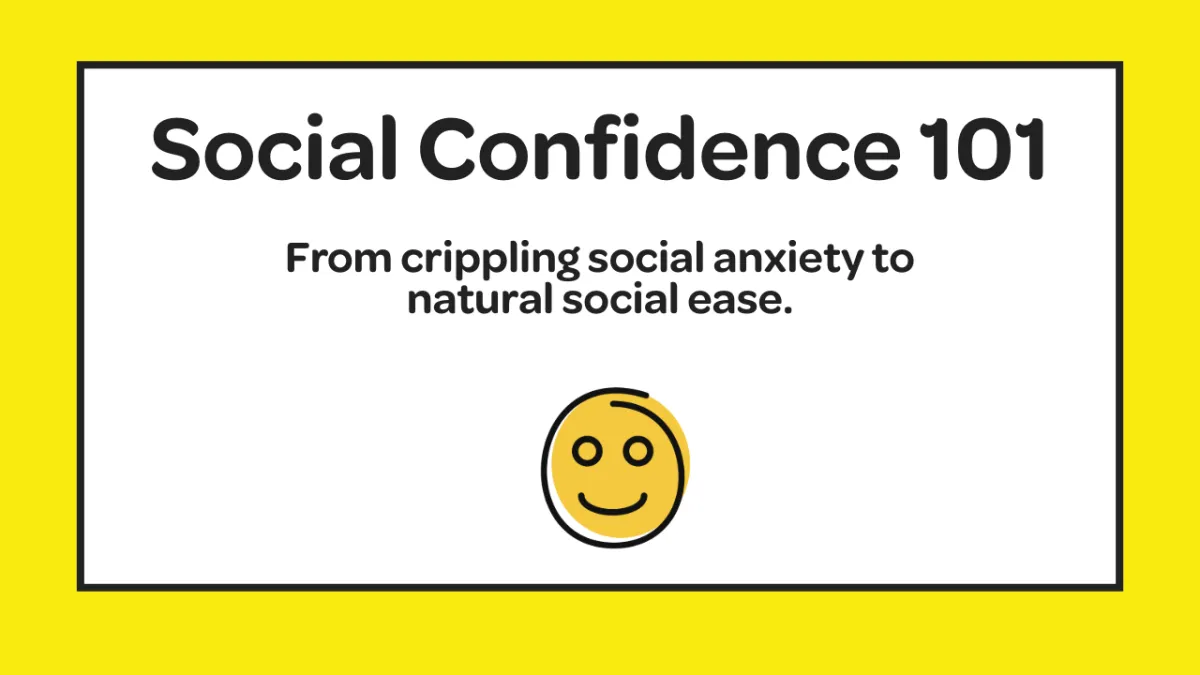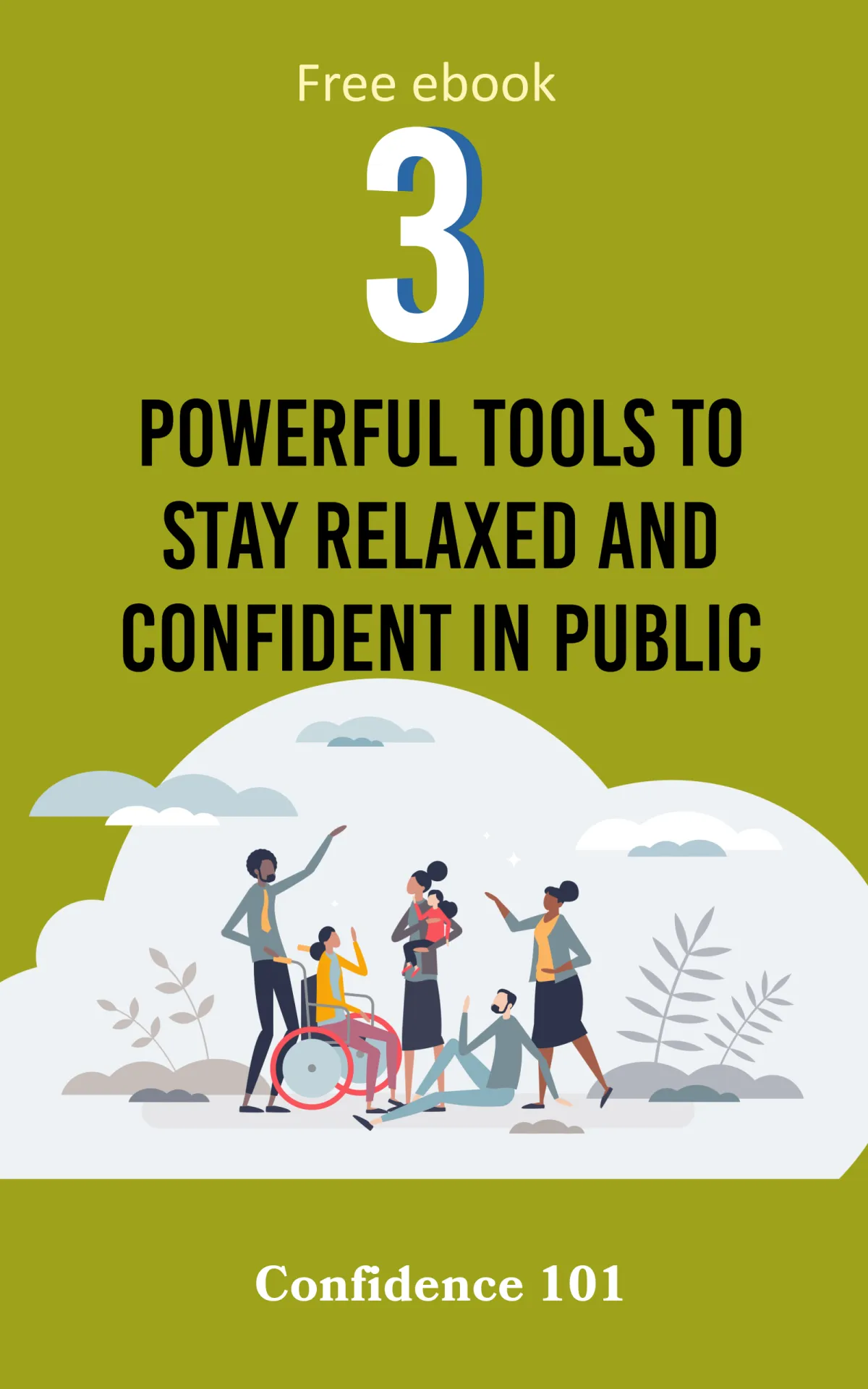Services
What Every Session Offers
Clarity: Every call is designed to offer clear insights into your challenges and goals. You’ll gain a deeper understanding of where you stand, what’s holding you back, and actionable steps to move forward.
Confidentiality: Your privacy is my priority. Everything shared remains strictly confidential, ensuring a safe space for open, honest conversations. You can express yourself freely, without fear of judgment.
Assurance: Each session is a pressure-free, supportive conversation where you’ll receive assurance that growth is not only possible, but within reach. You’ll leave with a sense of direction, knowing that the path to greater confidence and success is clear.
Core Principles of My Coaching
"Complexity is the enemy of execution." - Tony Robins
My coaching tools are intentionally simple and easy to use. It's not about overwhelming routines or micromanaging every detail — it's about clear, focused action steps that deliver real results.
“Any idea worth sharing should be simple enough for an 8-year-old to grasp.” — Albert Einstein
The concepts and tools I share come from years of research and study — but I present them in a way so simple, even an 8-year-old could understand and use them. That's the power of clarity: making the complex easy to digest and apply.
“Without commitment, you'll never start, but more importantly, without consistency, you'll never finish.”
— Denzel Washington
These simple tools are built to create real results—fast. That’s the heart of my coaching: no fluff, just powerful, proven tools that work. But tools alone don’t change lives—your commitment does. With true commitment, anything is possible.
Testimonials
I did go cold turkey with smoking, the habit came back 2-3 times, yet the tools works like wonders.
Give it a go!
Man, I am so grateful for having Peroz as my coach, he really listened to me, and asked me difficult, and good questions. I am free of smoking finally.
I used to feel tense and awkward in public—going to the store, making small talk, or even just being around people made me uncomfortable. Working with Peroz changed that. Now, I walk into any place feeling relaxed, start conversations naturally, and actually enjoy interacting with others.
FAQS
Is it possible to go cold turkey after years of smoking?
Yes, it is possible—especially when you're aware of what to expect after letting go: the emotions, the cravings, the negative thoughts, and the discomfort. If you have the tools to ride the wave and stay present through the urges, then yes, you can absolutely do it.
How long does it take to be fully free of cravings after quitting smoking?
The answer is simple: as long as it takes. For some, it might be a few weeks of letting go and riding the wave; for others, it might take longer. What matters most is knowing how to surf the wave—if you do, you'll be okay.
